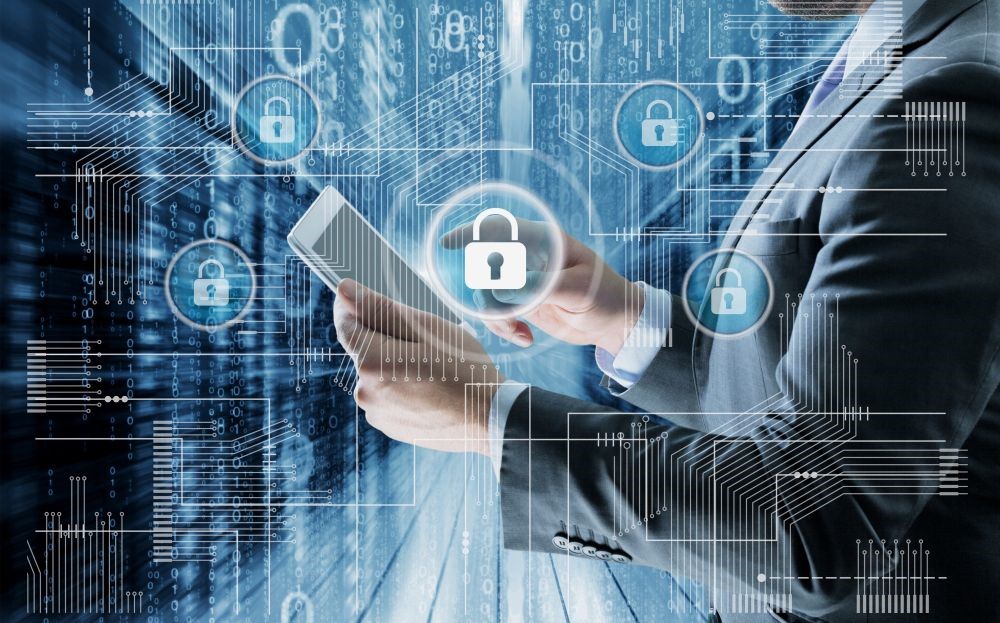Staying safe while online is important: it can help you prevent exposure to materials or risky information that may otherwise harm you, your family, business and personal information. Cybercriminals are the biggest danger on the internet. Every day, they launch a new cyber attack targeted to unsuspecting internet users. Cyber threats are constantly evolving but their goals remain the same: to steal personal identity, and to steal financial information for financial gain. To uphold internet safety, you need to be aware of the risks associated with the web and implement strategies that will help you avoid the risks associated with the internet. What are the top internet safety rules?
Things you should do to uphold internet safety

Be careful what you post online – Keep your personal and professional information limited
Cybercriminals will go through your social media to get any information they can that will help them find your personal information. This is why you should never post more than needed on social media. Avoid sharing your home address, relationship status, professional background and expertise and they are not of any use on social media. Sharing some of this information online is like handing in your personal data to hackers and cybercriminals. It is very easy for them to login and take money from your account if they know personal details about you.
Keep privacy setting on
Hackers and Marketers are mainly interested in your browsing history so they can have more information about you. Hackers do it to follow your browser footprint so they can market to you based on what you like. On the other hand, hackers want to know about you so they can steal personal information for financial gain. Browsers in both phones and computers have privacy settings to help you protect your privacy while online.
Practice safe browsing
Make sure you know links to any website are safe before you click them, whether they are in your email or you are searching up something on the browser. Hover over the link to get a preview of it and check if the website is safe to visit. Remember, scammers will use domains similar to those of large companies to trick you into clicking them and this will send malware to your computer and put your data at risk.
A safe website is one with ‘https’ in the URL and a lock symbol right before the link in your browser. This means that the site is encrypted and your data is safe. However, encrypted sites can have all sorts of dangers. Some sites, for example streaming websites, are riddled with advertisements: some of which are legit but some have malicious code meant to infiltrate your device and cause some danger. This is why you should only stream from legitimate sites like https://thepirateproxybay.com/as they reduce your chances of run-ins with cybercriminals.
Make sure you are using a secure internet connection

Having a secure internet connection is important to protect the reliability and safety of the network as well as the data being transmitted in the network. Secured networks have systems in place to stop threats from entering and spreading into your devices. Without network security, you pace your documents and information at risk of attack by malware sent to you by hackers through the insecure network.
Personal and business internet connections have a higher chance of being secure as opposed to public internet connections. Avoid connecting personal devices to public Wi-Fi, especially if they have free access. Because public internet connections don’t uphold required safety precaution, hackers are able to intercept the network and see all data being transmitted inside it.
This means they will have access to all your data, especially if you log in to sensitive account while connected to the free networks. They use the connections to distribute malware into your computer. Make sure to remove file sharing if you need to connect to public Wi-Fi to curb the risks of malware infection.
Make purchases from secure sites only
Shopping online is convenient. However, every time you need to make an online purchase you have to provide debit or credit card information. This is exactly what cybercriminals want. Making purchases on any site online, without checking its legitimacy, can expose you all sorts of cyber-attacks. Make sure you purchase from encrypted sites only if you have to buy something on your web browser.

